- Volunteering as an emergency responder can ensure you are among the first to know of impending or unfolding disasters.
- The more prepared the average citizen is, the easier it is to overcome a disaster incident.
- Trained volunteers are issued uniforms and IDs to get them past incident perimeters.
- Unless you are trained and have ID before disaster strikes, responding agencies may consider you a “spontaneous volunteer.” Unless they have the resources to train and manage you, they may turn you away or even bar you from your own neighborhood.
Some survivalists are so overwhelmed by their exposure to known and unknown threats, the urgency of preparing for them, and endless lists of lists of skills and stuff they are taught that they must stockpile to be prepared, that volunteering seems like a waste of limited time, financial and material resources. In short, “There is only so much pie, and the larger the slice is that I give away, the less is left for me and mine!” They operate from a paradigm one of my most influential mentors called the “scarcity mentality.” The competing paradigm is called the “abundance mentality” and it says, “Let’s make more pie so there’s plenty for everyone!”
While both paradigms play important roles in survival decision making, the scarcity mentality receives so much emphasis and the abundance mentality receives so little that one might conclude that the latter has no place in survival. Fortunately, that’s not true. Sometimes survivors not only survive survival ordeals but become stronger, smarter, more adaptable or benefit in some other way from the experience. They do more than just survive.
The Words Survivalists Dread
“I’m from the government and I’m here to help you!” When you are the first person to show up in a uniform, there are two responses: the more common is that you are now in charge and everyone now expects you to take over and tell them what to do. The other is, “Go away! We’re doing fine on our own.”
Personally, I’d rather hear the latter, because the more prepared and self-reliant the average citizen is, the less needs to be done to get things back to normal. In neighborhoods where nobody is prepared, and everybody thinks it’s the government’s responsibility to feed and care for them (and their pets and property), defend them and make sure there is never any suffering in the world, the task of the emergency responder becomes insurmountable.
FEMA
When the topic of volunteering with FEMA comes up, someone invariably comments, “Volunteer with FEMA?! Are you nuts?!”
Believe me, I understand what alphabet soup agencies like FEMA represent to the survival community. I l was part of this community in the ’90s when a smear campaign orchestrated by the regime occupying the White House back then turned the word “survivalist” into a pejorative, driving most of us underground and eventually forcing us to rebrand ourselves as preppers. For about a decade, nobody wanted to be called a survivalist until survival reality TV and renewed interest in bushcraft made it acceptable to be a survivalist again.
I have also volunteered with FEMA programs for going on ten years now, and while I don’t agree with some of FEMA’s policies or the bureaucracy and red tape, there are some sound reasons to volunteer with Citizen Corps programs that are administrated by FEMA.
Volunteer Opportunities for Preppers
There are a lot of volunteer programs out there, but here are a few that can be of benefit to survivalists:
- Community Emergency Response Team Program (CERT) – I have extensive experience with this program and can attest that CERT offers tremendous benefits for survivalists in some areas and just about anyone can find a way to learn and contribute through this program. I have received a lot of great training through CERT that I couldn’t have otherwise afforded and have received some real-world experience in the form of a half dozen deployments to emergencies, mostly flood-related. The training and deployments have improved the effectiveness of my emergency preparedness efforts. Whether or not you decide to volunteer you may take advantage of free training at https://www.ready.gov/training.
- Neighborhood Watch Programs – Neighborhood watch is a good way to get to know your neighbors and neighborhood, have positive interactions with law enforcement and gives you the pretext to be vigilant and patrol your neighborhood.
- Medical Reserve Corps (MRC) – If you are trained as a healthcare professional and would not have other responsibilities during an emergency, then the MRC may be a good way to keep some of your certifications current and volunteer.
- Search & Rescue (SAR) – Search and Rescue has a lot to offer survivalists. The training and physical requirements are exhausting, and equipment costs are high with some units, but the tracking and first aid training are first-rate and SAR has plenty of crossover for survivalists. There are also many specialized units such as canine and mounted SAR. At least out West, SAR units are often affiliated with the county level of government.
- American Red Cross (ARC) – While I do not volunteer directly with the ARC, I have participated in joint exercises with them and volunteered to play the part of a victim and stay overnight in an ARC shelter as part of a training exercise. I have heard quite a bit of speculation about ARC shelters from survivalists, none of whom had ever set foot in one, and can tell you that while they may not serve meals on time and they check people in and out, they are a private organization, not the federal government and folks survivors would be dealing with in my area would be locals. The ARC organizes blood drives, teaches first aid and CPR classes (certification classes are not free in my area), and run shelters.
- Boy Scouts of America or Girl Scouts – I have experience with the BSA both as a scout and as a leader. As a youth, the BSA gave me my first truly formal marksmanship training and introduced me to the world of competitive shooting. It also turned me into to a competent backpacker and helped me to learn important outdoor skills as I worked my way to Eagle Scout. As an adult, I participated as a leader in the USA and abroad and continued to improve my pioneering skills by presenting me with the opportunity to help build a primitive scout camp from scratch overseas that was only reachable by boat. Unfortunately, the BSA used to offer much better training before the organization bought into the impossible “leave no trace” propaganda that boils down to an “ethic” falsely-so-called. Life is an act of consumption and if you think that putting our own natural resources in glass cases while trashing the rest of the world (where there is less environmental oversight) makes you a good steward of the planet, you’re mistaken. Separating man and nature only increases people’s ignorance of it and worsens the damage they do. Despite the state of disrepair of scouting in the USA, the scouting programs still teach important skills that every young adult should know so I still support them.
- Religious Groups – Some churches have trained volunteer teams to muck out houses after floods, respond to emergencies, and distribute supplies.
- Louisiana Cajun Navy – The Cajun Navy is experiencing some growing pains. On one hand, they want to cooperate with first responders and come when requested. On the other, they don’t want to have to be trained, licensed or assume any liability for helping others. Since it’s a private organization without accredited training, you could drive several states away to help and have your help refused as “spontaneous volunteers.” If you can handle that and have a boat and the desire to help, they may be an option for you.
The benefit of any of these programs can vary greatly from program to program. The more rural an area you are in the more local government depends on first responders. In some small rural towns, all first responders except law enforcement are volunteers including ambulance drivers, EMT’s and firemen. If you volunteer in a small town where nearly all the emergency responders are volunteer, you may receive top-notch training side by side with paid first responders, get a lot of valuable experience responding to real-life emergencies and create relationships of trust with emergency managers in the city, county and sometimes even state levels. In these cases, the benefits to survivalists are numerous:
- You may be one of the first few people notified in the event of an impending or unfolding disaster. This could easily save lives in your household and give you the information you need to decide whether to shelter in place or bugout in response to a given incident.
- Depending on the program, you may be issued a uniform and ID to get you past disaster checkpoints. When an incident occurs, the government attempts to establish a perimeter and control who leaves and enters the disaster area and residents are often barred from their own homes and neighborhoods.
- You may gain access to emergency plans for your area. In any case, you will learn about the Incident Command System which is a set of SOPs (Standard Operating Procedures) created after 9-11 to get all first responders are on the same page.
- You may receive or purchase training and personal protective equipment (PPE)that will help you to respond effectively and avoid becoming another casualty. More people are often injured in the wake of disasters than in the events themselves.
- Avoid becoming a “spontaneous volunteer” if you try to help. Many good people attempt to volunteer only to find that to the government they are spontaneous volunteers. In the government’s eyes, they are unknowns that may make the situation worse rather than helping. The practice of turning disaster scenes into turf battles between government agencies competing for funding and the policy of attempting to regulate people helping other people during emergencies has created untold public ill will toward FEMA and is more than many freedom-loving survivalists can bear. Survivalists who understand how the government operates can hurdle this obstacle by becoming trained volunteers before an emergency rather than showing up and trying to help on their own after an incident is in progress. The core problem with FEMA’s approach is that disasters and volatility are hard to predict. If we could predict disasters, they wouldn’t be emergencies because we could prevent them or at least plan and prepare for them.
- Volunteering puts preppers in contact with others of like mind, which sometimes helps them network with other survivalists.
- In serving others in their time of greatest need, we live the golden rule. Love is a verb and something we do. It should not be downgraded to an emotion we merely experience. Service also takes our minds off our own needs and can put our own problems into perspective. Sacrificing time and energy in the service of others goes beyond being ‘mindful’ of their needs.
In more urban areas, volunteer experience varies with the frequency of past disasters that overwhelmed paid first responders, how recently the last one occurred, and the expectation of future disasters. In isolated smaller cities that have paid first responders, the capacity of paid first responders can be as low as a few simultaneous calls. In these cities, the likelihood of exceeding the capacity of paid responders is high and volunteers are likely to be activated periodically.
Wouldn’t volunteering endanger my family?
During large scope disasters like Hurricane Katrina, we learned for a fact what survivalists had predicted for decades: most emergency responders will only respond after they and their household are squared away. Since Katrina, the government has come to terms with the fact that until responders know their families are taken care of, they won’t be of much use even if they do show up. Now, the government recognizes that the first duty of any responder is to their family. If my family needs me, I won’t be able to volunteer because I’ll be taking care of my family first.
Low muster rates inside affected areas mean that most volunteers must come from outside the area affected by an incident. This means that volunteers must be able to deploy outside their immediate areas and be largely self-sustaining while they do so. Because whoever responds to serve and protect others needs to know that someone is taking care of their families, an incident that affected entire states or the entire country could require international aid, so keep in mind that the better prepared the average citizen is, the easier and more plausible recovery becomes.


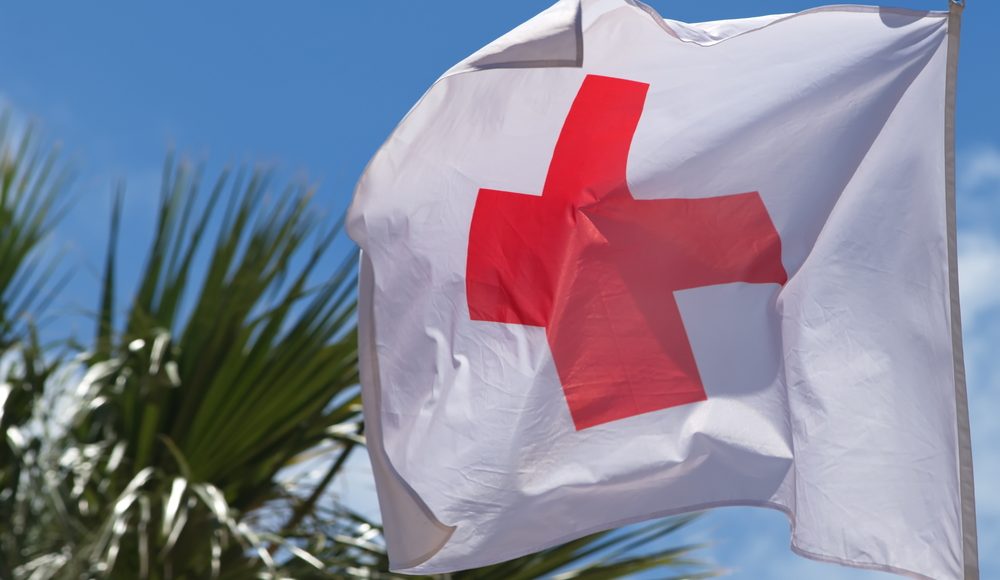

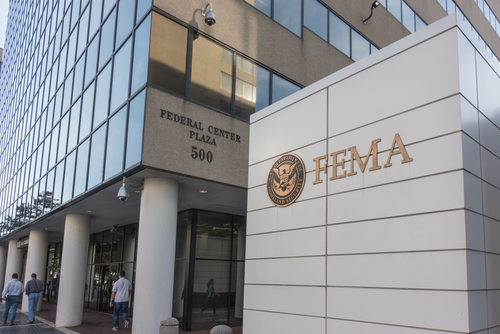
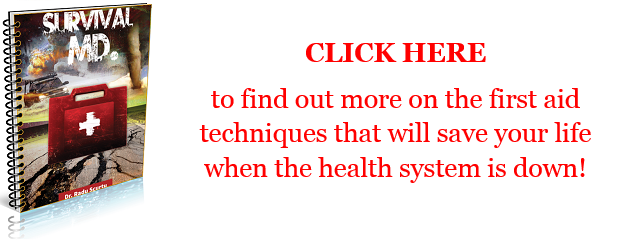
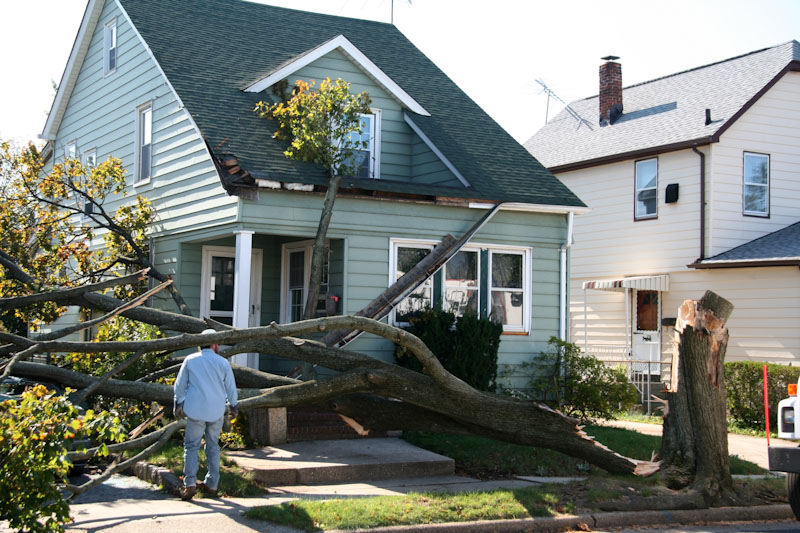
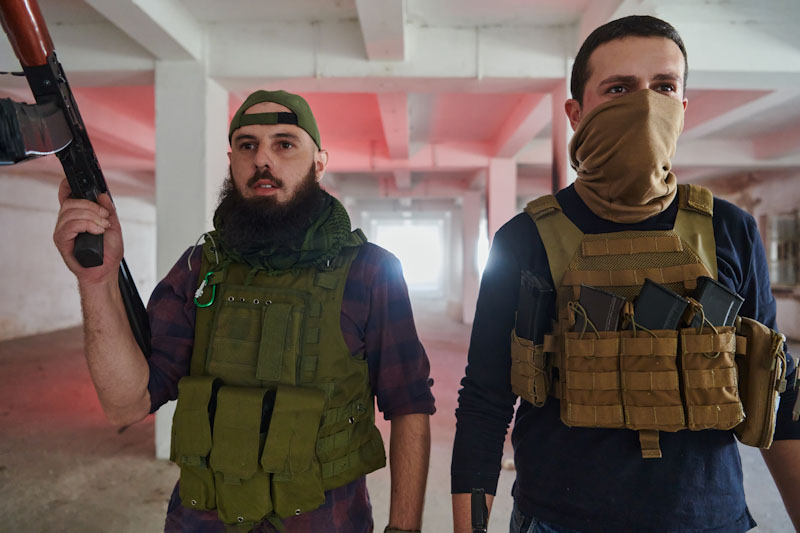

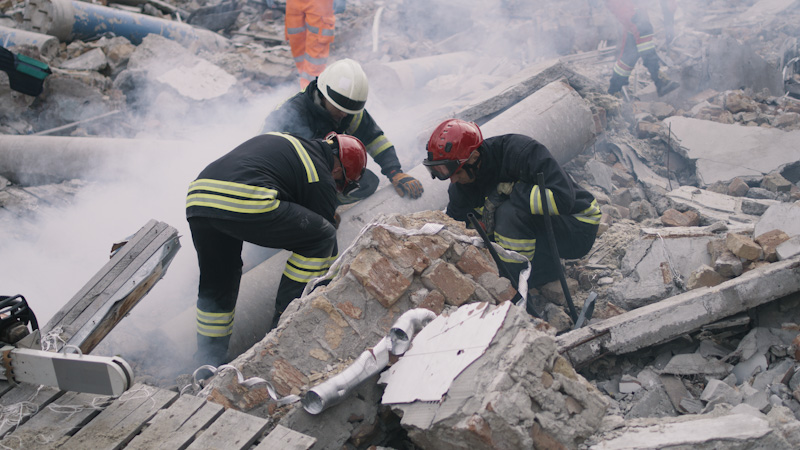

woodchuck | December 27, 2020
|
Our Search & Rescue organization (southern Arizona) is a part of the County Sheriff’s Department with active administration and IC by them. My primary function is Communications, with much time spent with K9 training. It’s a fairly large group with some amazing skills. I’ve made many new acquaintances and a couple of new friends in this organization. You are absolutely correct in suggesting that if one is interested in a volunteer opportunity, the time to get involved and trained is NOW.
MA prepper | December 27, 2020
|
Our local CERT was run by a deputy sheriff, we’ll worth it. At the beginning of the class she asked LTC holders to raise their hands. 90% of the class did. Sharp and cautious people take CERT.
This is not a volunteer opportunity but if you want to know everything about police work and your local cops, take their citizen police academy course if offered. VERY well worth it.
Travelin | December 27, 2020
|
Great article! Works well if the organizations are of such mind as to want help. I signed up with a group for CERT training. Training was to be given by one of the So. CA fire departments. We were told before classes ever began that public citizen training was a waste of time, they didn’t want volunteers, trained or otherwise, and the program was a waste of their time, upon which the instructor walked out. The leader of our group contacted the fire chief and reported to the rest of us they heard the same thing. They didn’t want the public trained, they wanted to take care of all emergencies by themselves. With that kind of disrespect for the citizen I don’t know how they ever expect citizens to believe or trust them in a time of emergency. The following paragraphs illustrate.
Our group didn’t stop there, we hired a certified CERT trainer from out of state who was willing to come in and train us. It might not have been California’s way, but it was a whole lot better than nothing. 2016 and 2017 fires in southern California resulted in much loss of property and life. (Yes, fires since have been much worse). Evacuation notices were given and people were told where to evacuate to, to the north. The closed roads were also listed along with the evacuation orders. Where several of us lived the only roads to the evacuation site were closed roads. No one from our area could get to the evacuation points. For many they were stopped in their tracks and didn’t know what to do, so they stayed home. Others took the highways to the evacuation location and expected the responders to let them through to get to the evacuation area. They were told to return to their home. They were left totally confused. by all the conflicting orders. That would confuse me too, IF I trusted someone else to do my thinking for me.
Those of us who got the CERT training from out of state, had enough common sense to travel south, all of us knowing of somewhere we could go, most of us evacuating in RV’s so we could continue to live and survive until the time we were allowed to return to the area. Interestingly, our group believed the Escondido CERT instructor who told us they didn’t want the public trained or their help, so none of us volunteered to help them, we simply left the area. Between the CERT training we got from NV, some common sense, pre-existing survival training, etc., meant those of us who had RV’s, had them prepared with needed necessities, and we knew we would be able to continue to live in them if worst came to worst. Every one of us survived. Some of the people’s homes/animals didn’t survive (horses and other large animals), but all humans and house pets did. What was an “emergency” for some was not for us. I was very thankful for the training we got.
We mourned those do did not survive.
CERT training is helpful, if one can get it, regardless of what state one must get it from or whether you ever use it to help the community or not.
Michael R. | December 27, 2020
|
This was a really useful article; I hope people will really think about its message of learning, cooperating, and seeking to broaden our own networks as part of our approach to survivalism. It’s like “free skills for the taking.” I love the practicality of it. Thanks.
Disaster Dave | December 28, 2020
|
This is a point I hadn’t thought about but may be worth it all for this alone…
“You may be one of the first few people notified in the event of an impending or unfolding disaster. This could easily save lives in your household and give you the information you need to decide whether to shelter in place or bugout in response to a given incident.”
Just getting that advanced notice and being able to bail would be helpful, thanks for making me think.
Paul Shultz | December 29, 2020
|
I can honestly say that volunteering is an awesome way to get educated for survival. I have volunteered as a firefighter, SAR, Boy Scouts, Red Cross, Salvation Army and as an ordained pastor I volunteered as drug and alcohol counselor. The training I received was well worth the time and energy. The trick is finding the right group you fill comfortable with.
Clint L. Sanchez | January 17, 2021
|
As a full time firefighter, I thank God for organizations such as Pinnacle Search and Rescue (Cajun Navy 2016). They’re the ones who were here in Baton Rouge during the floods.
http://pinnaclesar.org if you’d like to learn more about them
Grampa | April 27, 2021
|
it doesn’t take much to bring a nation down to a level that will send us into the mob mentality wanting that next meal. it will be the strongest and best prepared that survive. many believe that survival is a cell phone and a video game. many think it will include the ability to head for the woods. what we shall see is mas hysteria that will kill most within the first month. many will recognize what is happening and try to get to a place of safety. the truth is that with the events that come no place is safe. so what is the answer? as always an ounce of prevention is best. having a community that is prepared, presents the best solution getting all to understand and prepare can be a daunting task the more you have that prepare to show their neighbors the advantages of preparation the higher the probability your community will survive. knowledge is vital and how to deliver it without sounding like a nut out to panic and take over the world will help. this and many sites are useful to help with surviving most crisis. the one problem with a crisis that has destroyed our communication is these sites and all the information wont be available. hard copies will be needed. and with a winter coming books will become a source of heat as they are burned. their content thought of as little value until it is needed. once gone cant be retrieved the communities that are organized will find that information can be sold and can be a tool for barter.. want to survive? take that first step, then another. the first is always the hardest, because it is finding the direction needed that is most critical. this and a few other sites will give you that direction. thanks to the publishers and authors dedicated to keeping us safe.————Grampa